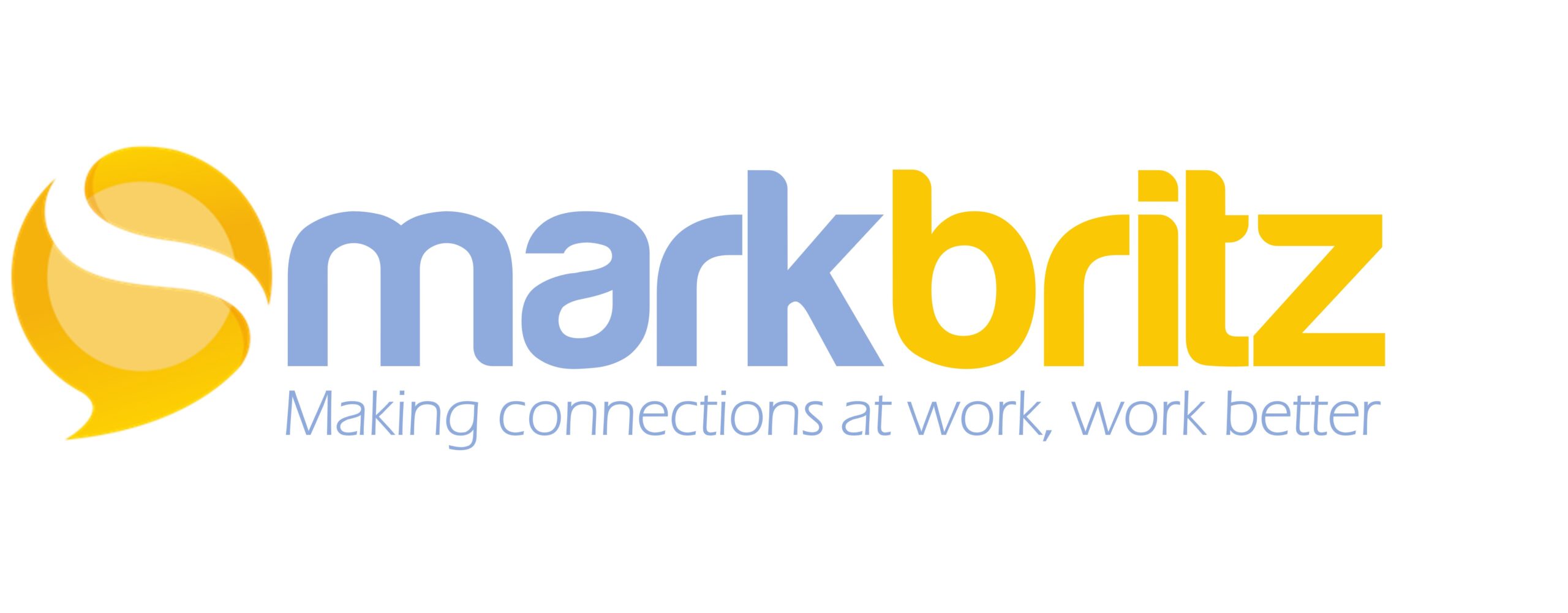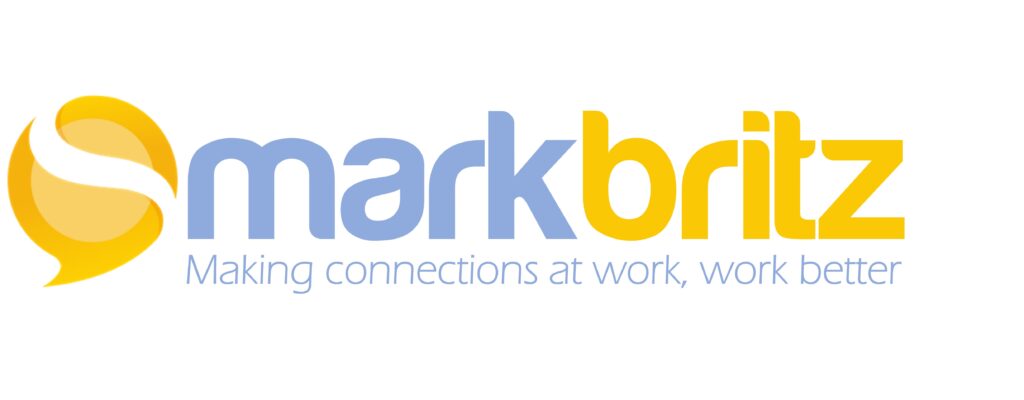I was recently asked privately a question that I hadn’t really answered myself.
Do you use any particular methodologies or models [in your personal practice]?
So I thought about it and responded that there are two “models” that rather unconsciously or habitually guided my work practices as I began to shift away from a training-centric mindset. Note that all of which I share here can be read in depth at the respected sites noted.
The first is Wirearchy. Since my focus can now be said to be more in digital learning (Which I see as learning through technology vs. learning with technology) helping surface these powerful undercurrents of knowledge exchange is key today and social technology certainly can aid in this effort. My known affinity for 702010 should be obvious too as it certainly aligns very well to this emergent organizing principle. Wirearchy though is not about learning per se, according to Jon Husband, who authored the principle, it’s a dynamic two-way flow of power. When realized and supported in organizations, I believe Wirearchy can change the actual design of the organization. Learning is ultimately about behavior change and if you truly desire long-term change in behaviors, I believe the systems in organizations need to be addressed (human systems related to authority, communication, rewards for example). Additionally, I look to Cynefin Framework (admittedly I’m still quite a student of it) but it does help in identifying current states (habitats). One of the four domains is labeled Complex. Much of the work being done today and even organizations themselves are complex. Navigating in complexity according to Cynefin demands a Probe-Sense-Respond approach as there is no one right answer and/or the many interconnected parts can be impacted by just changing one effort. Therefore, run small experiments, gather and asses the data and take action all apply to help shift behavior in dynamic situations.
Both Wirearchy and Cynefin are larger than strategy of course and far beyond just organizational learning. I prefer them though as each are flexible and today’s world of work is much more fluid. Additionally we cannot see learning apart from work any longer. Many of the “tried & true” used by consultants arose during the last century and are honestly not valid or just too rigid. Typically they are much too slow to enact and build through best practices rather than best principles. This seems unacceptable to me as each organization is as unique as a fingerprint, one must be flexible, understand and leverage the power of networks, and draw on best principles not practices to succeed.

